I know for so many years Mother's Day was an incredibly painful day for me, because I wanted nothing more than to be a mom. And while I was lucky enough to be blessed with two beautiful daughters, motherhood is often full of complex emotions. For many moms, this has been an even harder year because we’ve been working from home, helping our kids with remote learning, and trying to keep everyone from going stir-crazy.
So know that if your Mother's Day doesn't look like the Hallmark holiday commercials that we see, or like all the other ones you see in your social media newsfeed... that's okay. Spend this day however you need to. Whether that's Netflixing with a mimosa in hand, joining your family at a church celebration, spending a lazy day snuggled up with loved ones, or ignoring it entirely. I encourage you to spend a few moments thinking about what would feel nourishing to your soul this Mother’s Day. If you could spend the day in the way that would make you feel most supported, what would that look like? And how can you make it happen? I’m not saying to ignore the needs of your relatives, but make sure you’re carving out time for your self-care, too.
I’m also a big fan of using Mother’s Day to celebrate the women in my life that I appreciate. Because Mother’s Day can be about so much more than literal moms. Find people who nurtured you, and took on a maternal role in your life (regardless of gender), and thank them. If you want to give this a more charitable focus, find someone you can mentor, and offer them a helping hand. Show the love you want to see more of. After all, we rise by lifting others.
If you’re familiar with the app Reddit, one of my favorite sub-Reddits is called “Mom for a Minute.” People volunteer their time to respond to anonymous strangers’ posts. Whether they don’t have a mom at home, or don’t have one they can connect with, this offers people a safe space to bare their souls. We’ve been there for posts as simple as “how do I hard-boil an egg” and as complex as “I’m ready to come out.” Each one is met with warmth, acceptance, and unconditional love.
And unconditional love is something we all need a bit more of. So if you’ve had a rough year and need a virtual mom hug... reach out and I will be that person for you. Have a wonderful weekend!

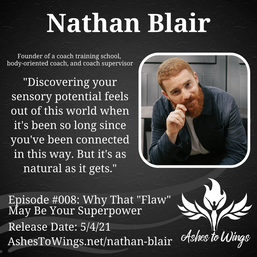
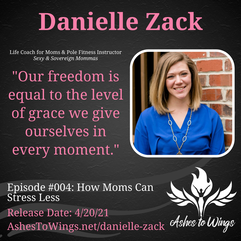
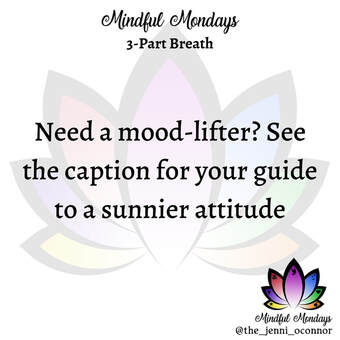
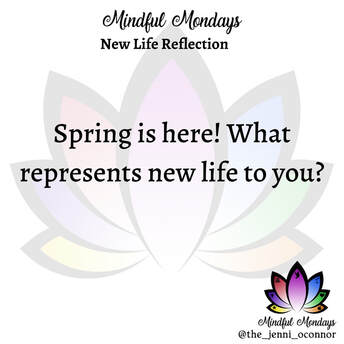
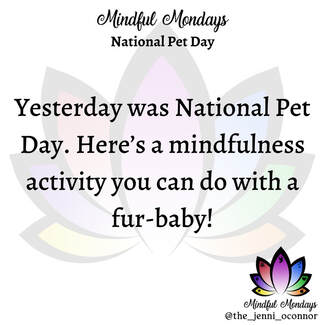
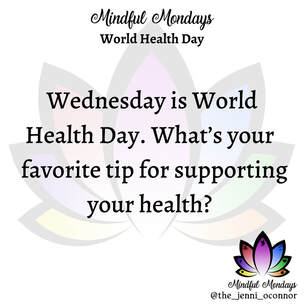
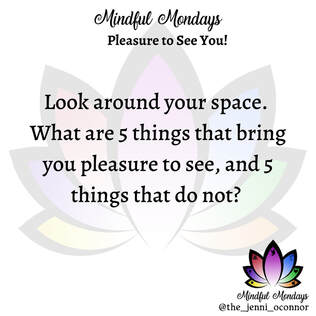
 RSS Feed
RSS Feed